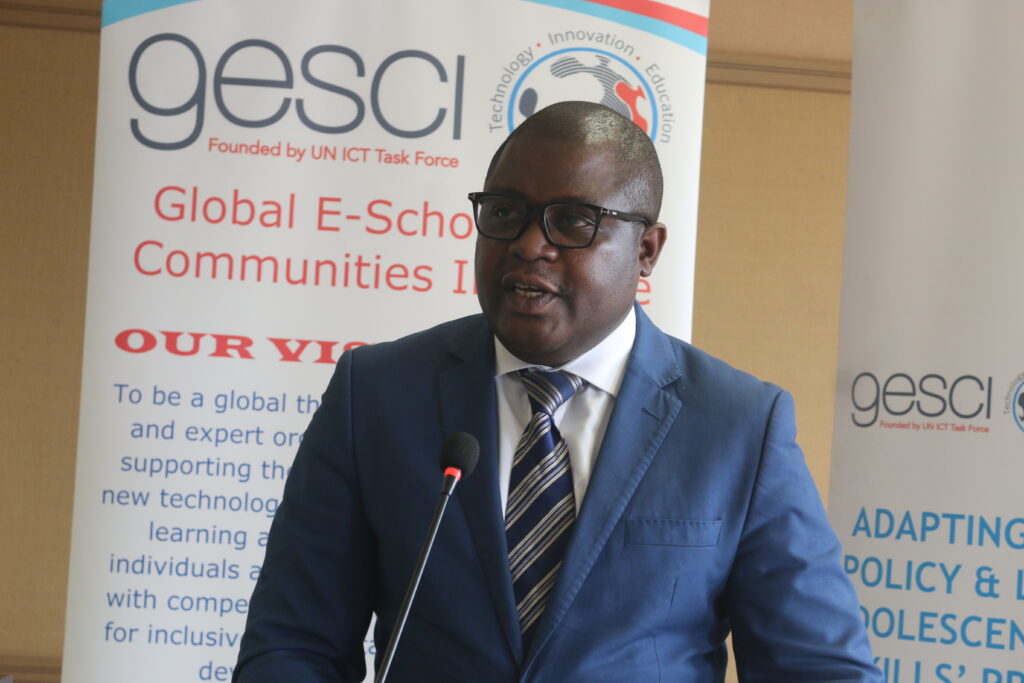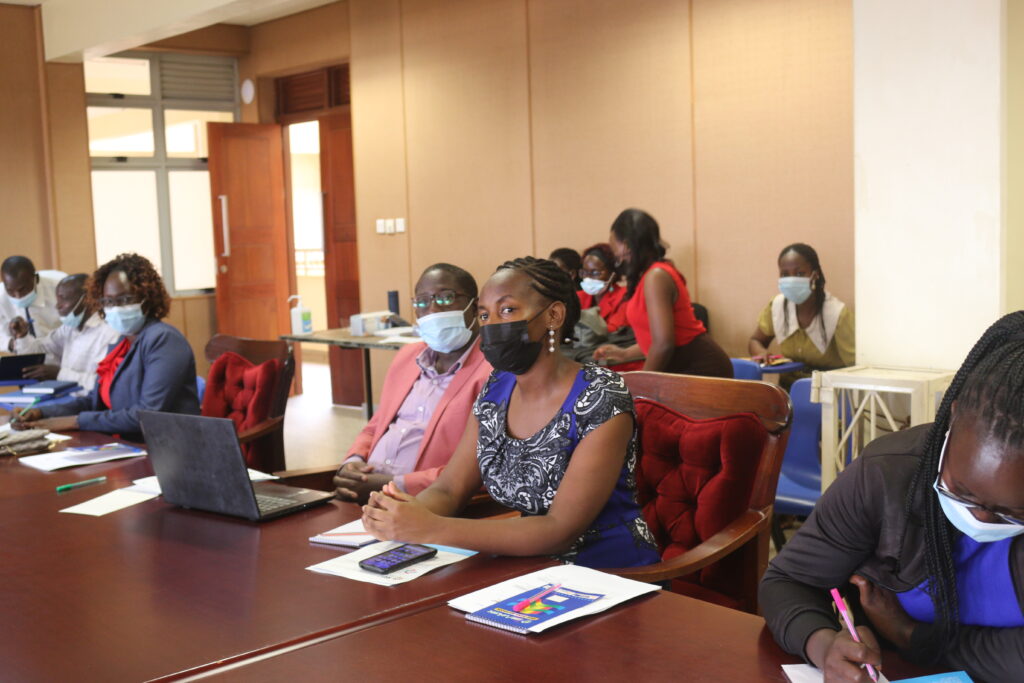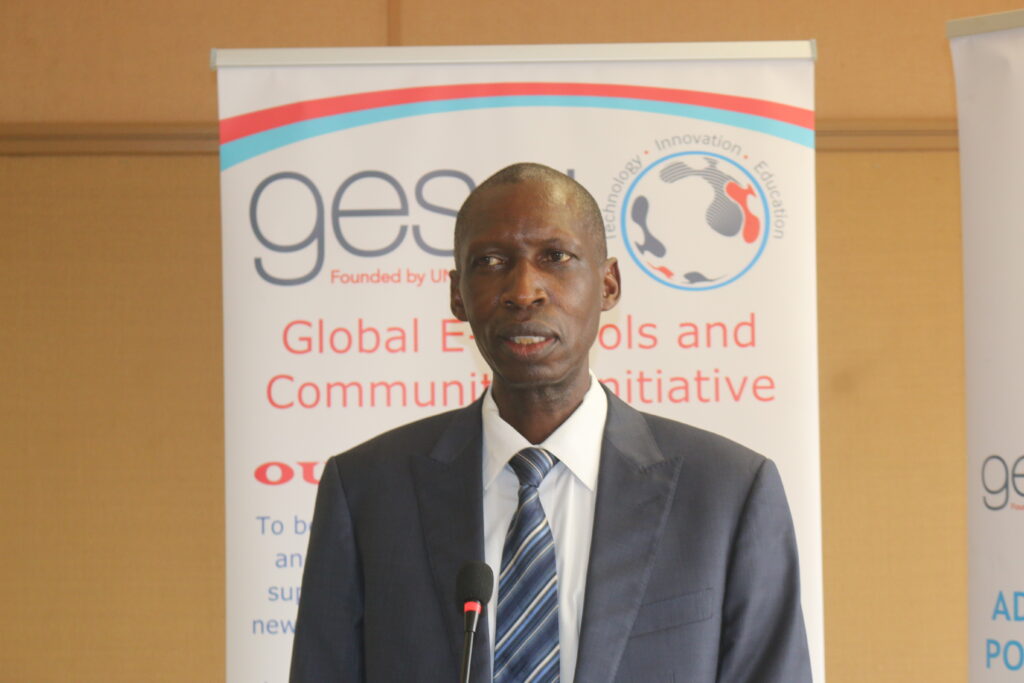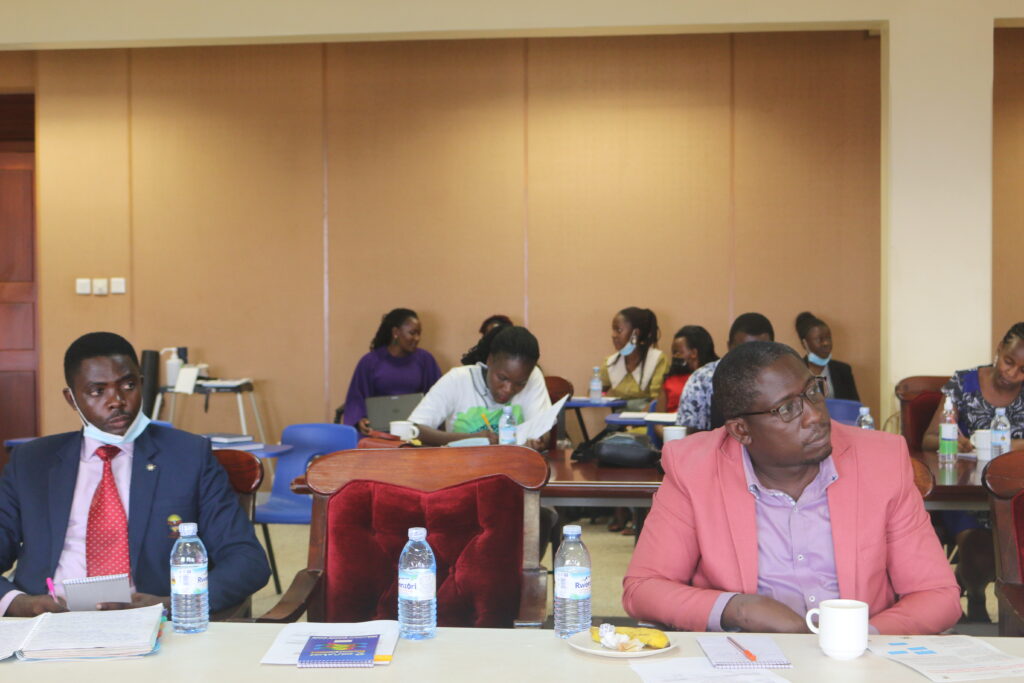Educationists advise govt to consider learning assessments in curriculum design, adaptation, and delivery. The Ministry of Education and Sports has launched a project dubbed “Adapting assessment into policy and learning (ADAPT): Adolescent 21st Century skills Project in Kenya, Uganda, and Tanzania under a theme: Supporting the use of assessment data in education policy-making and practice.
A consortium of partners including Global e-Schools and Communities Initiative-GeSCI, the College of Education and External Studies a constituent college of Makerere University which is also the largest teacher training institution in Africa since 1922, and the University of Notre Dame’s Global Center for the Development of the Whole Child will be in charge of implementing the project.


According to Mr. Samuel Otieno a Principal Investigator from GESCI; Kenya, Rwanda, and Uganda, sub-sahara Governments and Civil Society Organizations have performed assessments which have helped in growth of the education sector, however their systems should undergo genuine education reforms to use the available data and research/ evidence to revamp the current education system.
Dr. David Kabugo the director of the center for teaching and learning support at Makerere University, has requested the Government of Uganda to address the issue of access to education for all Ugandans where most learners, especially in rural areas do not have access to pre-primary education (nursery) and its rising cost in urban areas.
“Government has ignored the pre-primary sector which has gone unregulated. The school fees rates are very high and learners are being taught by unskilled teachers. Government should ensure that each primary school has a nursery class because this stage is crucial in the learning outcomes of children of Early Childhood Development,” he said.


The principal of the College of Education at Makerere University, Prof Anthony Mugagga Muwagga has also expressed his discomfort on how the 21st Century learners are being taught in Uganda. “Learners in the 21st Century should be able to identify and solve problems, be critical thinkers, and should be able to use the emerging technologies to innovate solutions. At a moment, these are lacking,” Prof Mugagga said.
“Even in science practicals, learners are taught how to mix chemicals as opposed to teaching them what type of medicine they can get from mixing chemicals,” he added. The initiative is seeking to promote the acquisition of 21st-century skills for adolescents by strengthening the utilization of data from learning assessments in curriculum design, adaptation, and delivery.
It should be noted that the First Lady and Minister of Education and Sports, Hon. Janet Museveni instituted a 14-member Education Policy Review Commission which commenced operations on 07th May 2021 with experts and educationists headed by Hon. Amanya Mushega, deputized by Mr. Joseph Muvawala, the Executive Director of the National Planning Authority.
With an intention to overhaul the country’s education system, the commission has in last days called for proposals and comments from the general public, academia, civil society organizations, and Members of Parliament for the development of a report from which the minister will make a presentation to Cabinet for approval to form the 2022 Education White paper to replace the current one which was formed in 1992.













































Discussion about this post